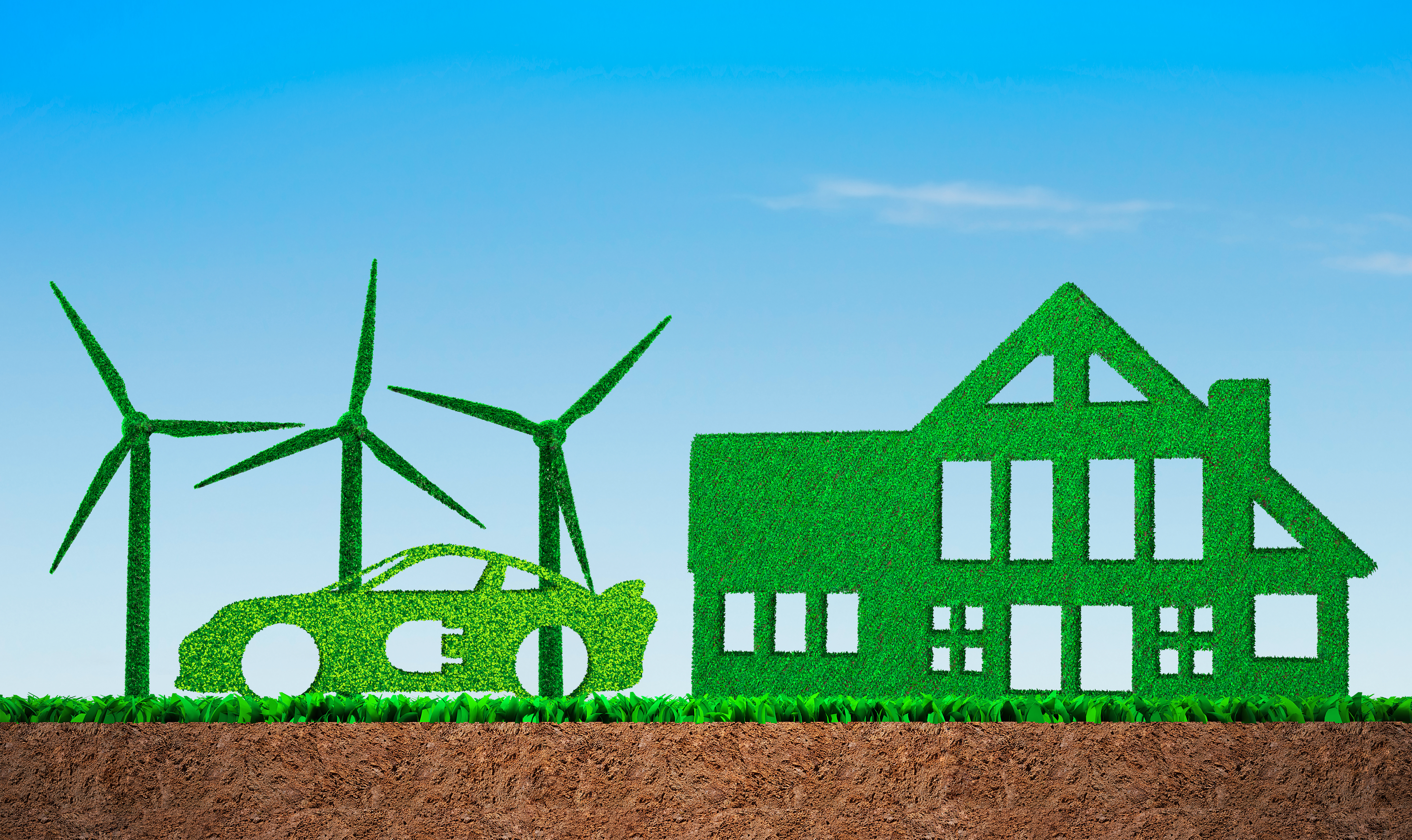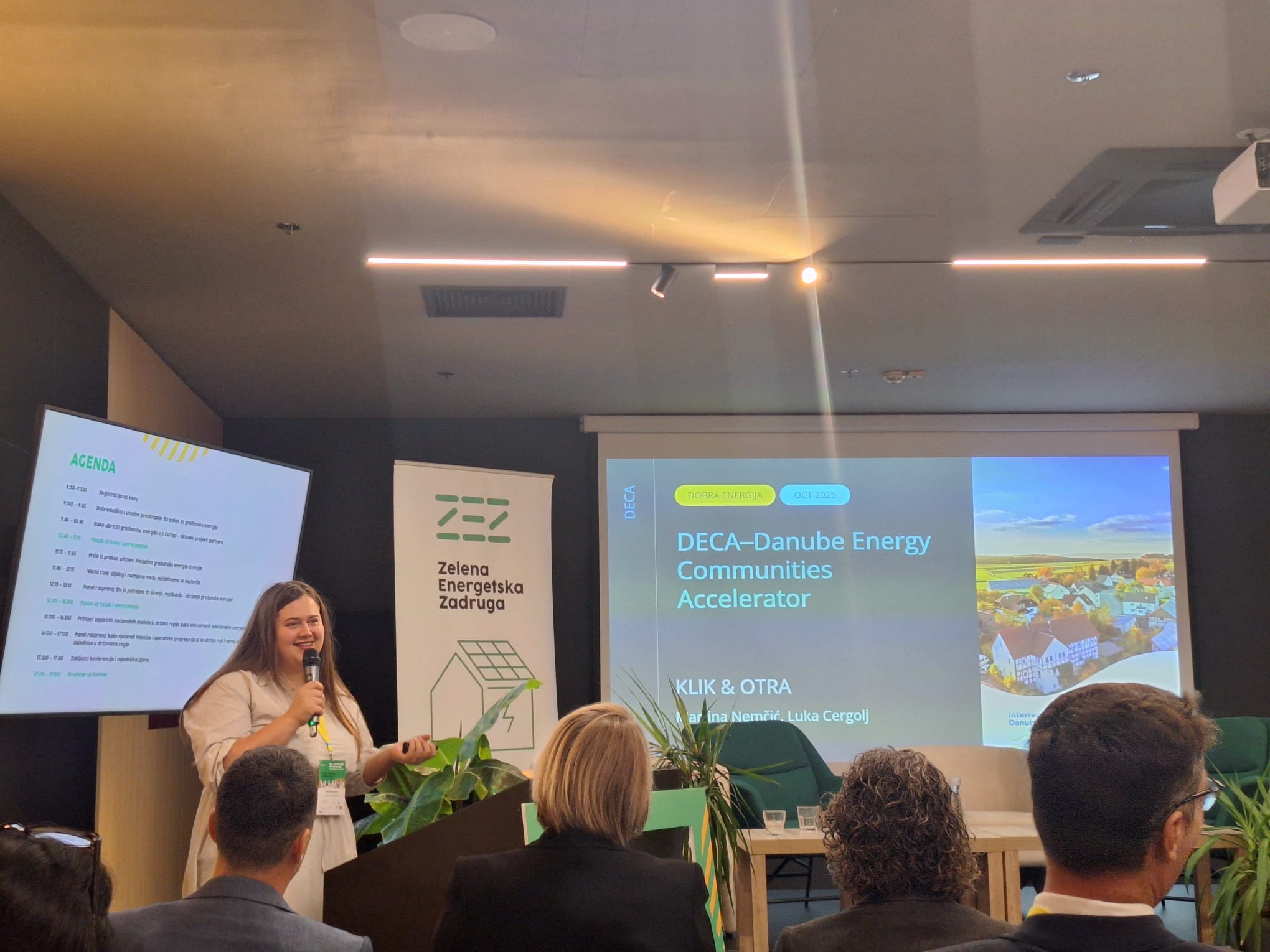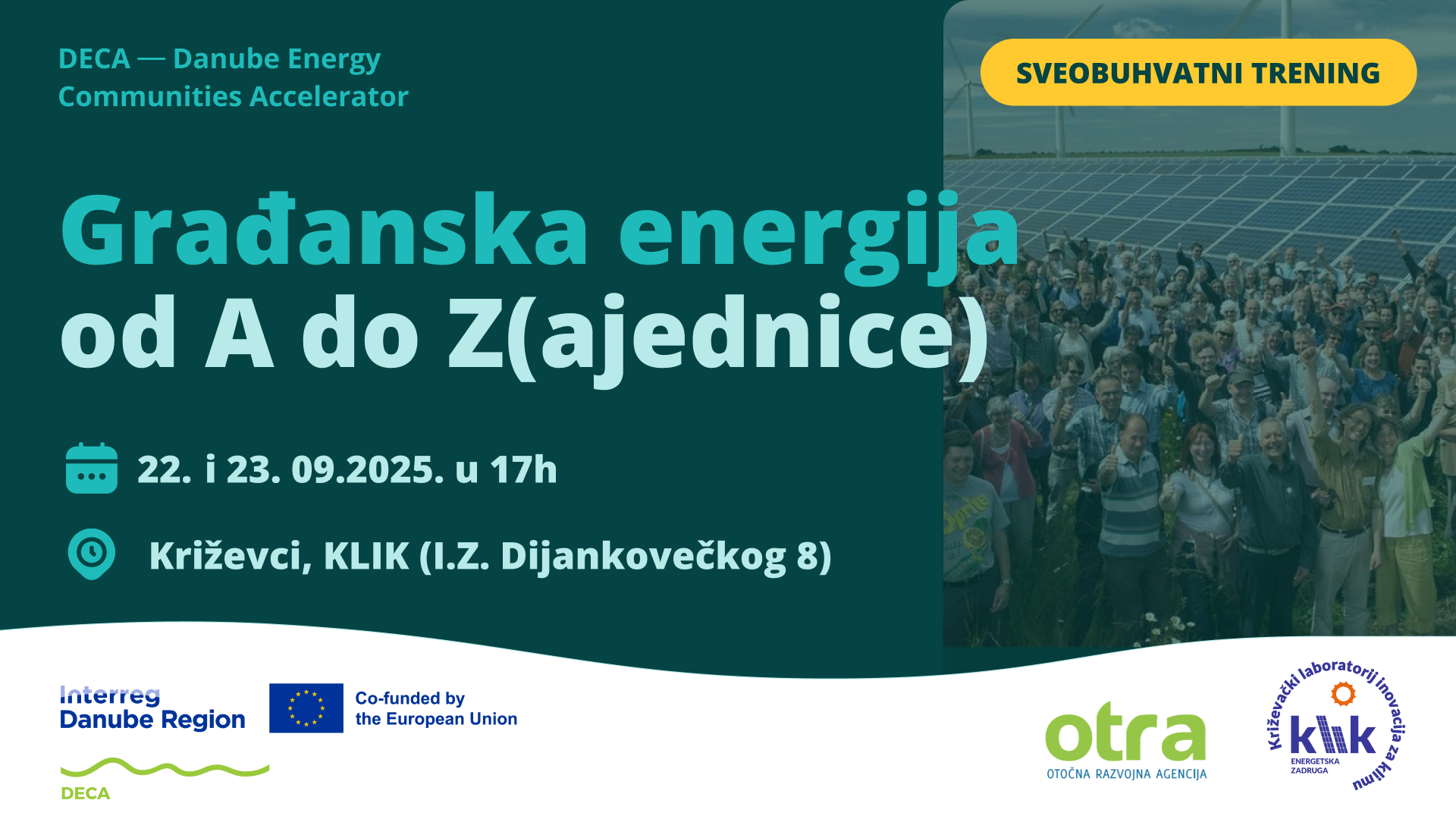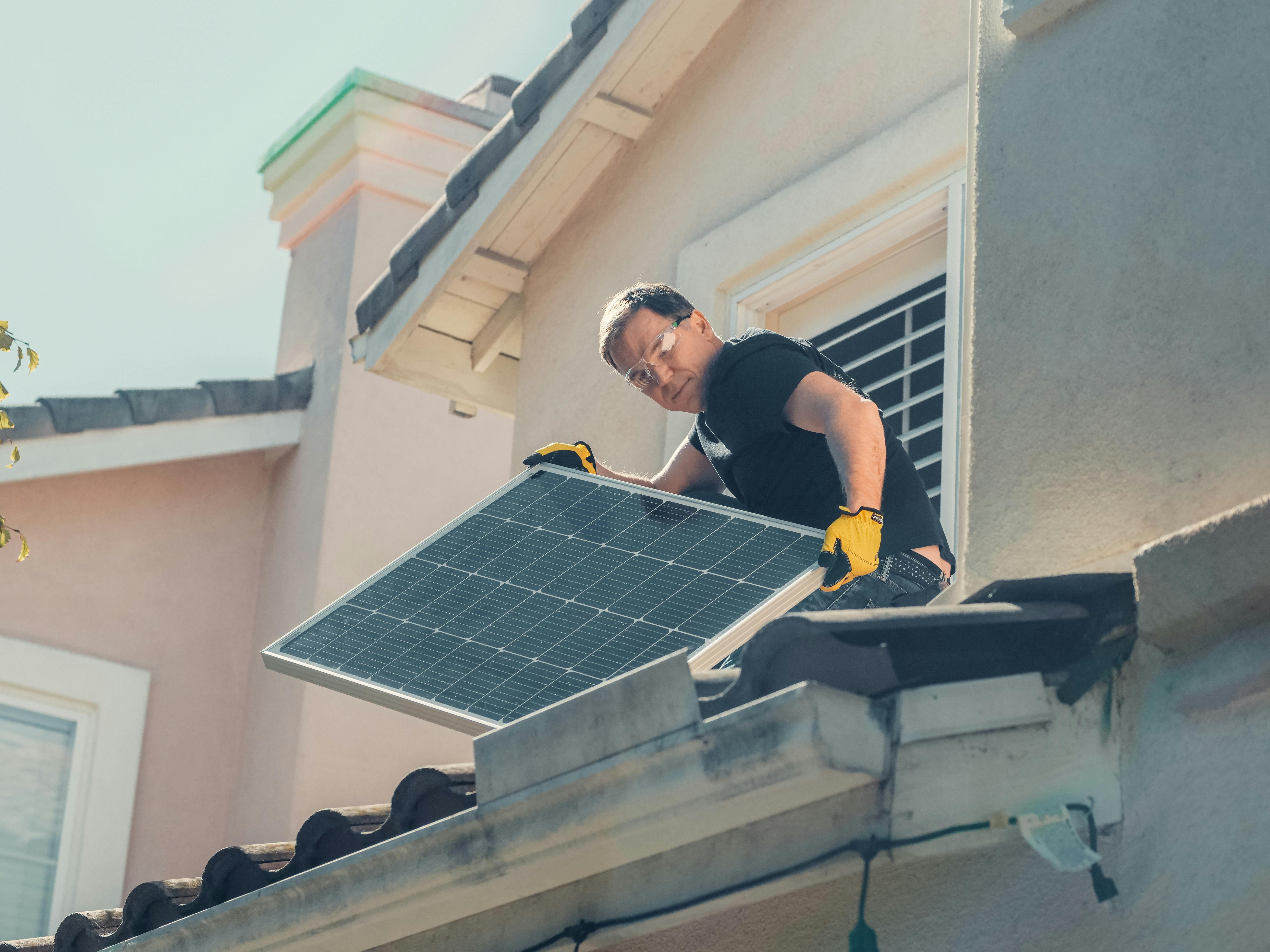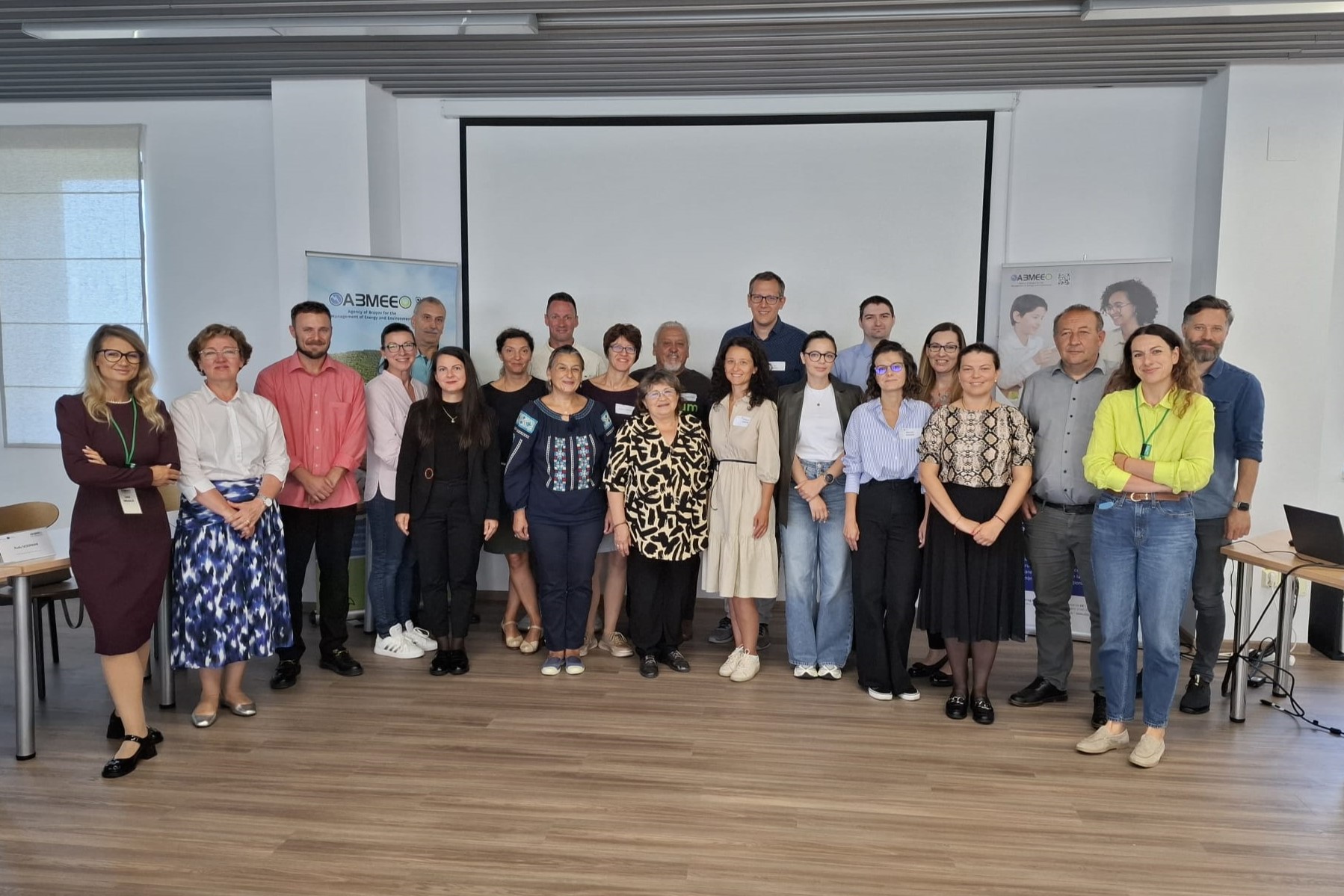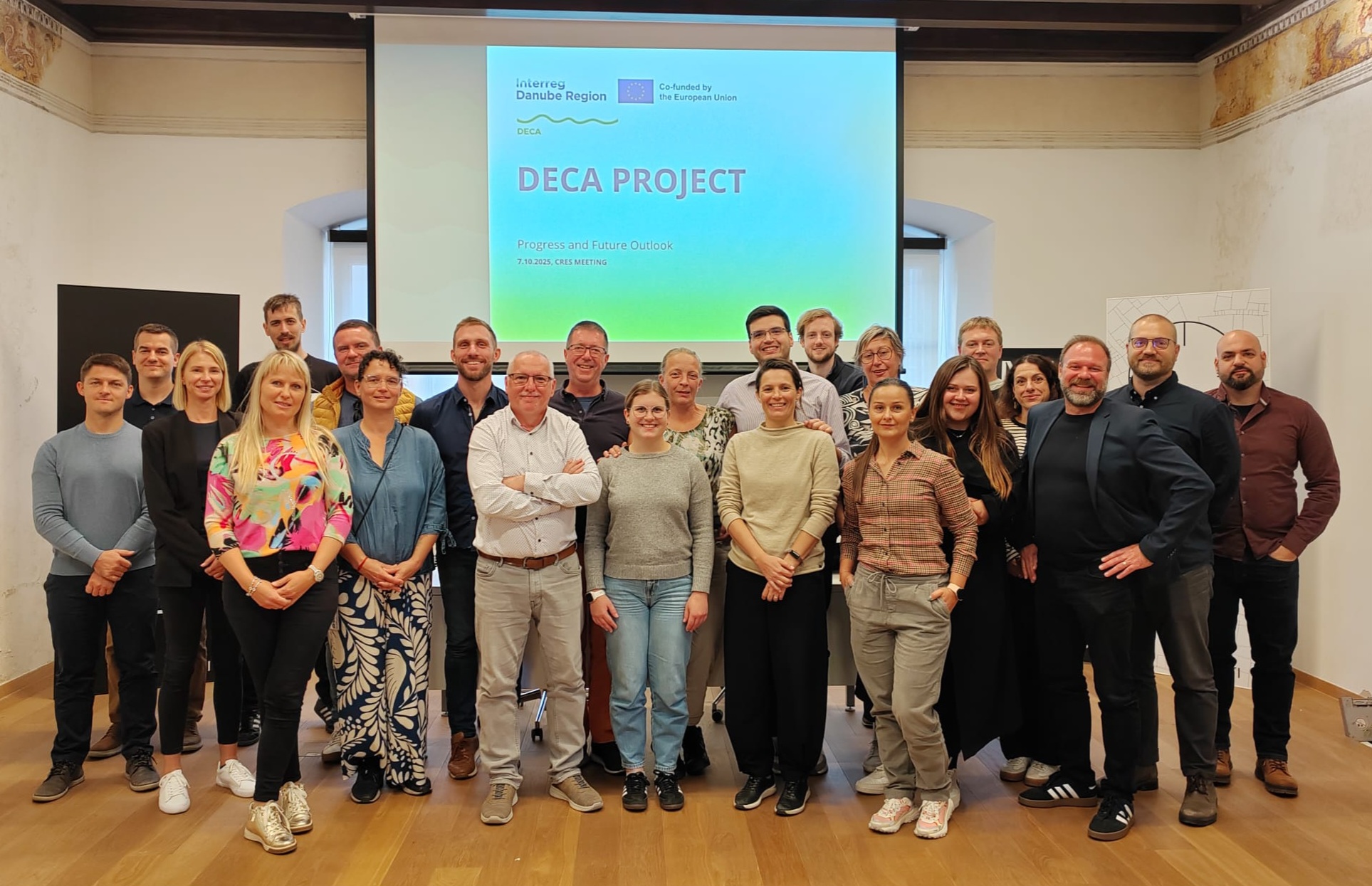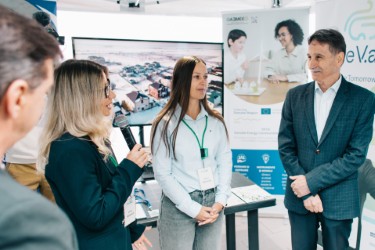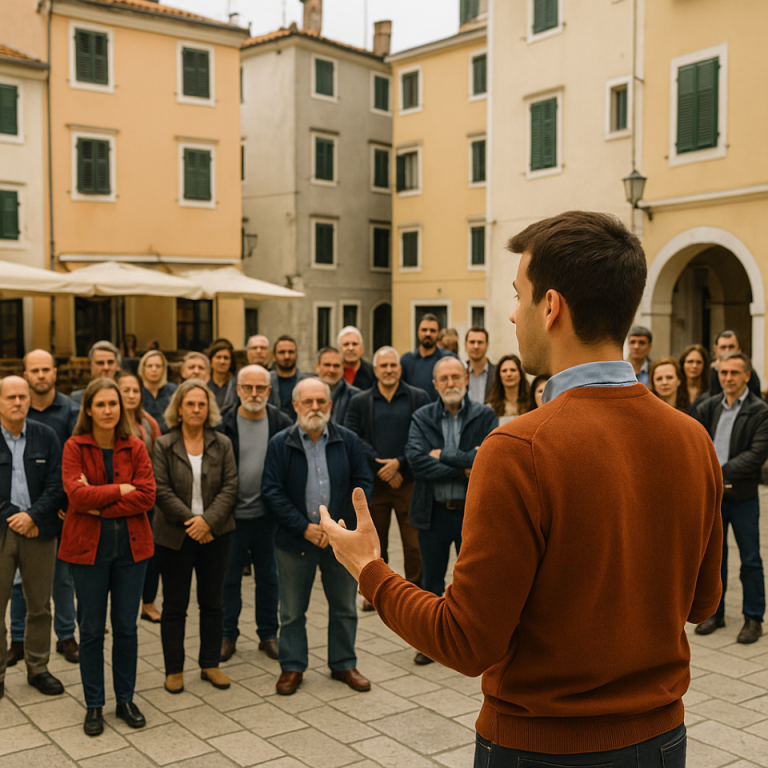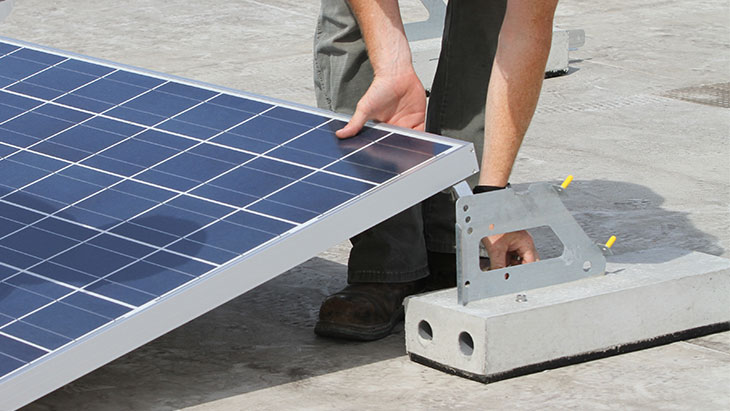
Bosnia and Herzegovina Makes a Step Toward Energy Democracy: Prosumers to Receive Compensation for Surplus Energy
Bosnia and Herzegovina Makes a Step Toward Energy Democracy: Prosumers to Receive Compensation for Surplus Energy
One of the key objectives of the DECA (Developing Energy Communities in the Danube Region) project is to create an enabling environment for citizens, municipalities, and local actors to become active participants in the energy transition. In Bosnia and Herzegovina, a long-awaited legal breakthrough is finally on the horizon — paving the way for the country’s first wave of energy prosumers to be fairly compensated for the electricity they feed into the grid.
As of August 6, 2025, recent amendments to VAT procedures published in Official Gazette of BiH will allow physical and legal persons who generate renewable electricity (such as households with rooftop PV systems) to sell their surplus to the grid and receive financial compensation. Until now, a lack of harmonised fiscal regulations has hindered the practical implementation of net-metering schemes, leaving early prosumers without a clear legal or financial framework.
The change will initially apply to 56 registered prosumers in Republika Srpska (BiH entity), who will be able to enter into agreements with Electric power company in Republika Srpska (ERS). This represents not only a regulatory milestone but also an important symbolic signal: that citizens and small producers are finally being recognized as legitimate contributors to the energy system. In 2023, FBiH adopted key energy laws enabling prosumers, net metering, and energy communities, but practical implementation is still pending due to delays in secondary legislation, IT system development, and application by distribution companies.
Past attempts to operationalize prosumer models were met with delays, unfulfilled agreements, and a lack of incentive clarity. Furthermore, a harmonized approach across both entities in BiH is still needed to ensure equity and scalability of community energy models nationwide.
DECA project’s role is to help bridge this gap between policy and practice. Through awareness-raising, stakeholder engagement, and support to local communities, we aim to encourage municipalities and citizens across BiH to see themselves not just as consumers of energy, but as co-creators of a cleaner, more democratic energy future.
This regulatory shift represents a clear opportunity to accelerate the development of energy communities. By enabling prosumers to monetize their surplus energy, Bosnia and Herzegovina takes a crucial step toward aligning with EU energy directives and empowering its citizens to participate in the transition toward sustainability and resilience. This move has the potential to transform citizens from passive consumers into active stakeholders in the energy system—fostering local ownership, decentralization, and social inclusion.
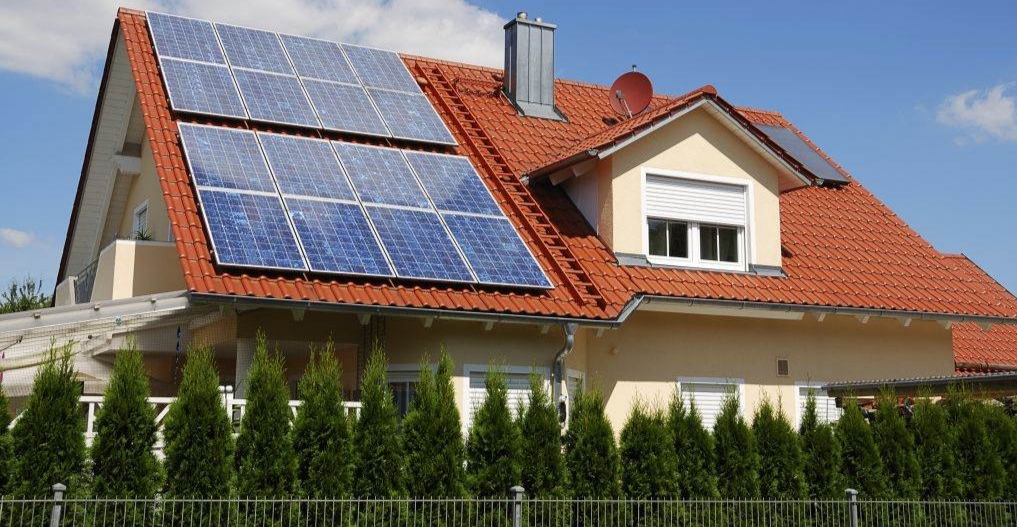
News & Events
Read the most recent updates and explore the upcoming events.

